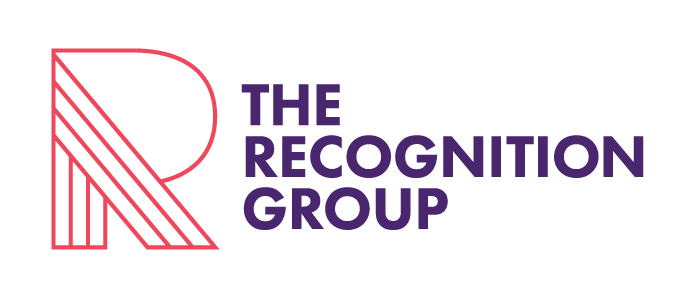Five B2B email marketing trends for 2020
306.4 billion emails are being sent globally every single day. 124.5 billion of those emails are specific to business.¹ While B2B marketing tools are evolving all the time to develop new and innovative methods to reach audiences, 93 per cent of B2B marketers use email marketing to share content.²
It is partly because of the data and insights captured through increasingly sophisticated marketing tools and applications, including artificial intelligence, automation and business intelligence, that new trends for B2B email marketing are emerging.
The dynamic nature of the digital economy means B2B marketers need to stay up to date with those email marketing trends to ensure the content (i) is delivered, (ii) will catch audience attention and, (iii) will motivate audiences to take a next step.
Here are five B2B email marketing trends we’re seeing forward-thinking companies using as 2020 gets underway.
1. Mobile readiness.
Overlooking mobile readiness is a rookie mistake. Open rates of email on smartphones have risen by over 40 per cent over the last few years, while open rates of email on desktops have declined by 18 per cent.³ Research shows that poor formatting is the leading complaint about mobile email. If an email doesn’t display well it is likely to be deleted in under three seconds. Up to 15 per cent of recipients will go on to unsubscribe from your list.⁴ The solution? Use a responsive email template and test to ensure your content displays well on mobile.
2. Simple, impactful design.
Human attention spans are shrinking every year. Today, the average attention span is eight seconds.⁵ That isn’t long for an email to capture the attention of your audience. With so many emails flooding audiences each day, B2B marketers need to maximise impact in those eight seconds. Use simple designs with clear images, story-telling elements and minimal scrolling to get your message across quickly and effectively.
3. Segmented, account-based email campaigns.
B2B marketers can’t afford a ‘spray and pray’ email approach to reaching audiences. Successful B2B email campaigns are based on clear, specific segmentation criteria and use automation to deliver email nurture flows. Those flows take each individual customer on a buying journey that feels unique to them and their preferences, but which is constructed to reach mass audiences in short time spans. Strong segmentation and account-based approaches to B2B emails are the foundation for create compelling personalisation.
4. Personalisation and dynamic content.
Accurate personalisation improves conversion rates, sales, click through rates, audience engagement, referral rates and much more.⁶ Audiences are more likely to engage with content that is relevant to them. Dynamically created content takes personalisation to the next level. While dynamic content takes a little more planning up-front, it can be well worth the effort. Dynamic content draws insights from databases, artificial intelligence and machine learning tools to quickly and dynamically create tailored email experiences that are immediately relevant to an audience’s interests, behaviours and motivations to accelerate their journey through the buying process.
5. Interactive email.
Interactive content is any content your audience can interact with, click or swipe. Interactive B2B emails stand out. Think videos, gifs, memes, sliders, collapsible menus and voice options. MarTech Advisor reports that using interactive email content can boost click to open rates by 73 per cent and that including video in email content can increase click rates by up to a massive 300 per cent.⁷
We design marketing solutions for B2B companies that sell complex, high-value products and services. Making sure your email marketing campaigns stand out and deliver outcomes you need is part of what we do. Contact us to learn more.
¹ https://techjury.net/stats-about/how-many-emails-are-sent-per-day/#gref
² https://blog.hubspot.com/marketing/email-marketing-stats
³ https://www.leadagency.com.au/b2b-marketing-2020-trends/
⁵ https://www.digitalinformationworld.com/2018/09/the-human-attention-span-infographic.html
